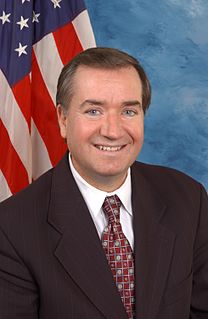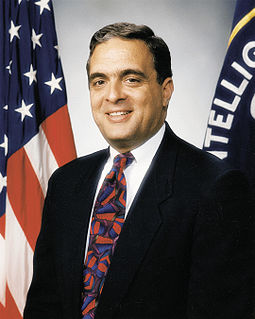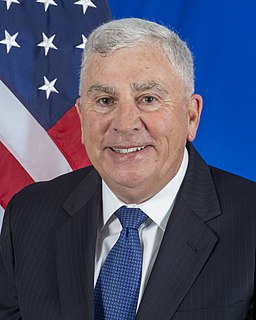A Quote by Jamal Khashoggi
In 2003 and again in 2010, I was fired from my job as editor-in-chief of a 'progressive' paper, Al-Watan. During the years in between, I served as media adviser to Prince Turki al-Faisal, the Saudi ambassador to Britain and then the United States.
Related Quotes
Why?" I said, taking the paper from him as Al smiled. "If it's not what I agreed to, I will burn Al's gonads off the first chance I get. Turn around. I need to use your back for a second." "Ah, hold on a tick," Al said, snapping his fingers again and catching the new paper drifting down. "How silly of me. This is the one. Here.
From it genesis twelve hundred years ago to today, Islamic philosophy (al-hikmah; al-falsafah) has been one of the major intellectual traditions within the Islamic world, and it has influenced and been influenced by many other intellectual perspectives, including Scholastic theology (kalam) and doctrinal Sufism (al-ma'rifah or al-tasawwuf al-'ilmi) and theoretical gnosis ('irfan-i nazari).
The ironic factor that is between the Houthis and al-Qaida, that is, they both have strong anti-American sentiment. For example, the slogan of the Houthis is death to America and death to Israel and God curse the Jews and victory to Islam. And besides that, there is very little in common between al-Qaida and the Houthis as far as ideology goes, but they see themselves as having a common enemy, which is America. And America is in a situation, where the Houthis are fighting al-Qaida quite viciously on the ground, yet now the Americans are allied with Saudi Arabia in strikes against the Houthis.
Some Pakistanis fought for the Taliban. Pakistani extremist groups provided infrastructural support to Al Qaeda. There was a coming and going of Al Qaeda militants and leaders between Afghanistan and Pakistan for several years. All that has really happened is that Al Qaeda has escaped from Afghanistan come into Pakistan, got in touch with their contacts and friends in these extremist groups, which then provided them with safe houses, cars, and not just in the border areas but also in the cities. Rooting out Al Qaeda in Pakistan now is where the main battle is being fought.
I think, in fact, the situation with respect to al Qaeda, to say that, you know, that was a big attack we had on 9/11, but it's not likely again, I just think that's dead wrong. I think the biggest strategic threat the United States faces today is the possibility of another 9/11 with a nuclear weapon or a biological agent of some kind. And I think al Qaeda is out there even as we meet, trying to figure out how to do that.



































